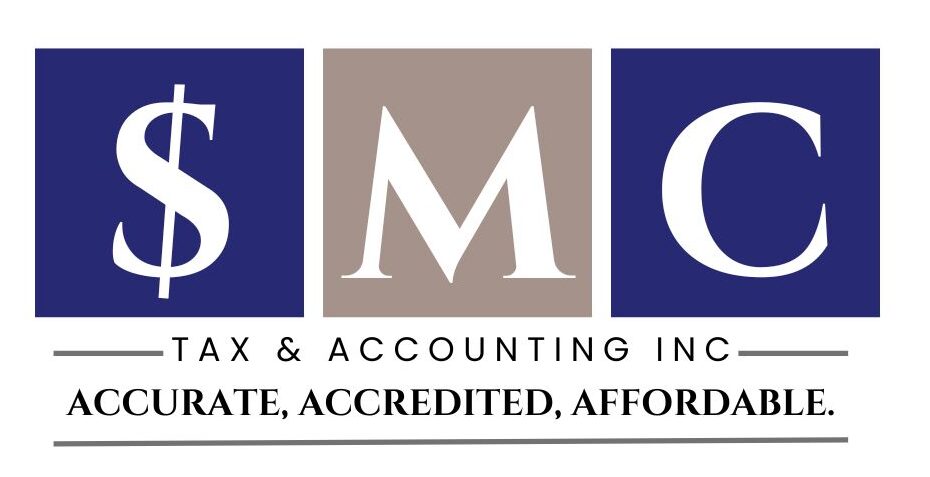As a real estate investor, tax season can be an overwhelming time, but understanding the key tax laws for 2025 can help you navigate the process and maximize your potential savings. Whether you own rental properties, flip houses, or are involved in real estate development, staying informed about tax changes and strategies can ensure that you make the most out of your investments.
Here’s a comprehensive look at what real estate investors need to know when filing taxes in 2025.
1. Changes to Tax Deductions for Real Estate Investors
In 2025, tax deductions continue to play a crucial role in reducing taxable income for real estate investors. Several key deductions are available, and understanding how to leverage them can make a significant difference in your tax liabilities.
- Mortgage Interest Deduction: Real estate investors can still deduct mortgage interest on loans taken out to purchase or improve rental properties. This is a critical deduction, especially for those with multiple investment properties.
- Depreciation: One of the most powerful tax benefits for real estate investors is depreciation. You can depreciate the value of your property (excluding the land) over 27.5 years for residential properties or 39 years for commercial properties. Depreciation reduces your taxable income and can offset rental income, providing significant tax savings.
- Repairs and Improvements: While repairs are typically deductible, improvements that increase the value of your property must be capitalized and depreciated over time. Make sure to distinguish between repairs and capital improvements to ensure you’re taking full advantage of available deductions.
- Property Taxes: As a real estate investor, property taxes on rental properties can be deducted from your taxable income, further reducing your tax burden.
2. Capital Gains Tax Implications for Real Estate Investors
When you sell a property, the IRS may tax the profit you make as capital gains. Understanding how capital gains taxes work and how to minimize them can have a big impact on your tax strategy.
- Short-Term vs. Long-Term Capital Gains: If you sell a property you’ve owned for less than a year, you will be subject to short-term capital gains tax, which is taxed at your ordinary income rate. However, properties held for more than a year qualify for long-term capital gains tax, which generally has a lower tax rate.
- 1031 Exchange: Real estate investors can defer capital gains taxes on the sale of a property by using a 1031 exchange, which allows you to reinvest the proceeds into a like-kind property. This is a valuable strategy for deferring taxes and growing your real estate portfolio without incurring immediate tax liabilities.
- Primary Residence Exclusion: If you live in a property you’ve owned for at least two years before selling, you may be eligible to exclude up to $250,000 ($500,000 for married couples) in capital gains from taxation. This is beneficial if you flip a property or turn a primary residence into a rental.
3. Understanding the Qualified Business Income (QBI) Deduction
For real estate investors who qualify as a “real estate professional” under IRS guidelines, there’s an opportunity to take advantage of the Qualified Business Income (QBI) Deduction. The QBI deduction, introduced under the Tax Cuts and Jobs Act (TCJA), allows real estate professionals to deduct up to 20% of their qualified business income, subject to certain limitations.
To qualify as a real estate professional, you must spend more than 750 hours per year working on your real estate activities and more than half of your total working hours must be dedicated to real estate. This deduction can significantly lower taxable income, especially for those who are actively involved in real estate operations.
4. Opportunity Zones and Real Estate Investments
Opportunity Zones were created as part of the Tax Cuts and Jobs Act, providing tax incentives for investors to invest in economically distressed communities. Real estate investors can take advantage of the benefits of investing in these areas, which may include:
- Tax Deferral: Capital gains from the sale of other investments that are reinvested into qualified opportunity funds (QOFs) can be deferred until 2026.
- Exclusion of Gains: If you hold your investment in an opportunity zone for at least 10 years, you may be eligible for the exclusion of gains from the QOF, allowing you to avoid paying capital gains tax on the appreciation of the property.
This is an excellent opportunity for real estate investors who are looking to expand their portfolios while benefiting from favorable tax treatment.
5. State-Specific Tax Changes for Real Estate Investors
While federal tax rules provide a general framework, many states have their own specific tax laws that can impact real estate investors. Be sure to review changes in your state’s tax laws, as these can vary significantly from the federal tax code.
- State Income Taxes: Some states offer favorable tax incentives for real estate investors, while others may have high state income tax rates that could impact your overall tax liability.
- Property Tax Rates: Property taxes can vary from state to state, and some states may offer deductions or credits for property owners, particularly for energy-efficient home improvements or new constructions.
- Capital Gains Tax Rates: States like California and New York have state-level capital gains taxes that may be higher than federal rates, so it’s important to understand how these taxes will impact your sale of real estate.
6. New Tax Filing Deadlines and Requirements
In 2025, tax deadlines and filing requirements may be slightly different, so it’s important to stay up to date. For real estate investors, if you have multiple properties or complex transactions (such as 1031 exchanges), you may need to file additional forms or reports.
- IRS Form 8582: If you have rental properties, this form is used to report passive activity losses. Understanding how to file this form correctly will help you claim your deductions.
- Schedule E: Real estate investors who own rental properties will file Schedule E to report rental income and deductions.
Be sure to review the IRS filing requirements and deadlines, and consider consulting a tax professional if your real estate investments involve more complicated tax strategies.
7. Planning for Tax Season: Proactive Strategies for 2025
To make the most of tax season in 2025, consider some proactive strategies:
- Keep Accurate Records: Throughout the year, maintain detailed records of all income, expenses, and property transactions. Good recordkeeping can make the tax filing process much smoother and help ensure you claim every eligible deduction.
- Consult with a Tax Professional: A tax professional who specializes in real estate can help ensure you’re taking advantage of all available tax-saving opportunities and minimizing your tax liability.
- Plan for Estimated Taxes: If you have rental income or capital gains, make sure you are prepared to make estimated tax payments throughout the year to avoid penalties.
Final Thoughts
Tax planning for real estate investors in 2025 will require careful attention to detail, especially with potential changes in tax law and new investment opportunities. By staying informed about tax deductions, capital gains tax implications, and other strategies such as the QBI deduction and opportunity zone investments, you can ensure your real estate business remains profitable and tax-efficient. Consider consulting with a qualified tax professional to navigate these complexities and maximize your financial outcomes this tax season.



Leave a Reply